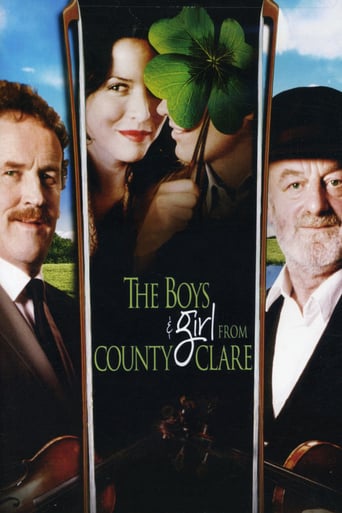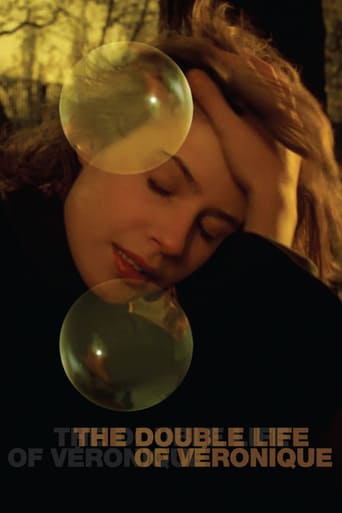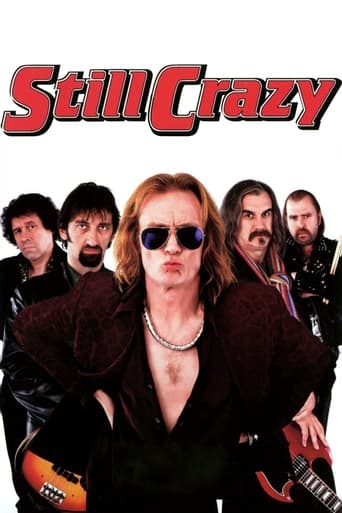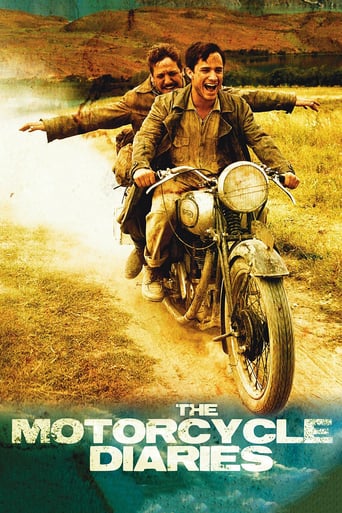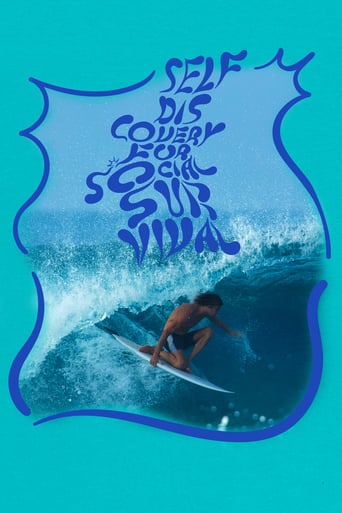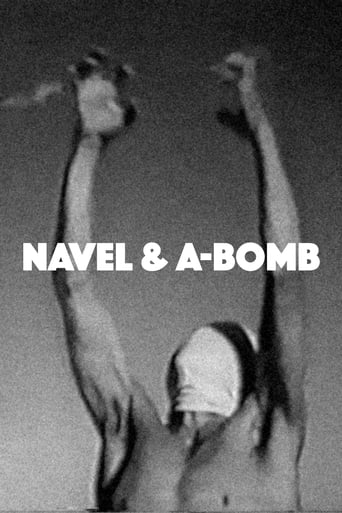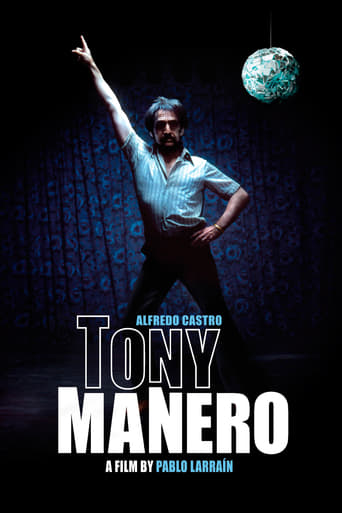
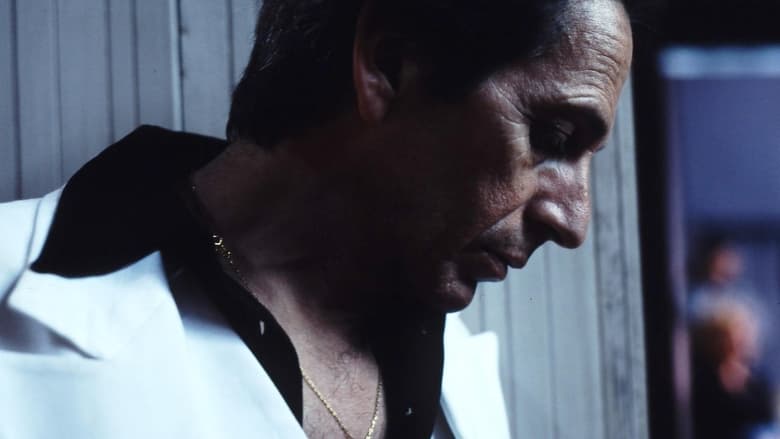
Tony Manero (2008)
A man is obsessed with John Travolta's disco dancing character from "Saturday Night Fever".
Watch Trailer
Cast
Similar titles
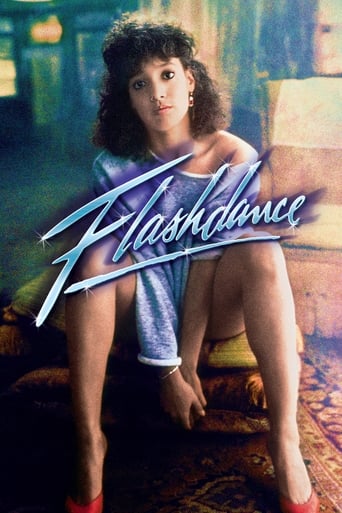
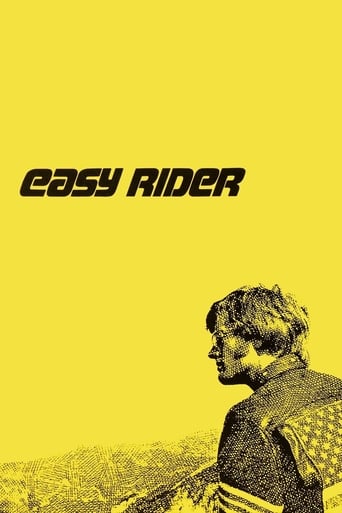
Reviews
Simply A Masterpiece
Fun premise, good actors, bad writing. This film seemed to have potential at the beginning but it quickly devolves into a trite action film. Ultimately it's very boring.
After playing with our expectations, this turns out to be a very different sort of film.
Each character in this movie — down to the smallest one — is an individual rather than a type, prone to spontaneous changes of mood and sometimes amusing outbursts of pettiness or ill humor.
This movie isn't for everybody. It's violent and portrays a main character who is uniquely sick, same way that every serial killer who makes the papers is twisted some strange way. But this is a really interesting movie, a little bit too complicated to even sum up successfully, past the bare bones description of the main character obsessing over John Travolta in ONE of his movies (he gets enraged, for example, when he is cajoled into wasting his time watching some OTHER Travolta flick; see what I mean?) But let me just leave you with this: I really didn't get this movie for a couple years, and then I had to deal with a guy in the neighborhood who is a pretty weird guy, very destructive and all that; and you know what? Now I get Tony Manero the movie. Strangely, I also got more of an insight into the art of the movie; that would take a LOT more explanation.
Tony Manero is a disturbing portrayal of humanity at its worst in trying times. During the dictatorship of Pinochet in the 70's, the movie portrays the suffering of the people and their efforts to continue life as normal. In contrast, the protagonist, Raúl, thinks of no one but himself and has no qualms about lashing out against those around him, seemingly with no consequences. The one thing he wants is to be Tony Manero and he is willing to do anything to obtain that goal, that lifestyle. The way that the plot plays out is often unexpected and the protagonist rarely speaks which builds up great anticipation. Raúl's attitude toward those who depend on him leaves much to be desired and he often betrays or abandons those who need and trust him most. The movie is violently unsettling and explicitly sexual; it leaves the viewer disturbed, almost traumatized. The events that take place in the film stay with the viewer – and that may not necessarily be a welcome thought.
If that infamous movie character name of this foreign film's title is dancing very familiarly in your head, you have a good guess on who it is; none other than John Travolta's character in the 70's classic "Saturday Night Fever". So why is Tony Manero dancing now with foreign stars? Well, the character of Tony Manero not only took our nation by storm, but also had profound global awareness in the 70's and thereafter. The movie "Tony Manero" steps its way into the obsessed mind of protagonist Raul Perelta, a middle-aged serial killer residing in 1970's Chile under the dictatorship of Augusto Pinochet. Perelta has some scary moves by sabotaging anything or anyone who gets in his way in perfecting the embodiment & characterization of Tony Manero. In other words, not many that cross the Peralta pathway are "staying alive" throughout the film's narrative. His premier quest is to dance his way to the top prize in a Chilean TV show's "Tony Manero celebrity impersonation" contest. Director Pablo Larrain and screenwriters Alfredo Castro & Mateo Iribarren formulate the character of Peralta as such a disturbed and repulsive protagonist that it questions "how deep were their thoughts" in the film's developing process. The Raul Peralta character is so repugnant and odious that it automatically disengages one to the film's central narrative. Castro's leading performance as Manero had a severe case of the "thespian broken record syndrome" with its monotone method. If it can have you Mr. Castro, then why not include other similar subpar performances from the film's supporting cast. Now I must admit that I enjoyed a few scenes of "Tony Manero" that paid homage to "Saturday Night Fever" including when Peralta mumbles the lines of Fever in the theatre while watching it countless times, his shock when he first observes that John Travolta's Danny Zuko character in "Grease" is a far cry from Travolta's Manero, and to some degree the film's Manero impersonation contest during the film's climax. But when "Tony Manero" turns into Peralta's maddening ways it deteriorates into a big slap on the face on the Fever legacy. Overall, "Tony Manero" is a feverless 2009 movie odyssey that is not worth taking. *** Average
The protagonist of this film from Chile set in 1978 Santiago at the height of Augusto Pinochet's reign of terror is a murderer and petty thief whose only goal in life is to dance like John Travolta's character Tony Manero in Saturday Night Fever. It's already a year later, but Fever's still playing and Raul (Alfredo Castro) goes to watch in an empty theater, repeating Travolta's lines with a heave accent and mimicking his arm gestures when he dances. Raul is the lead dancer, if it makes any sense to say that, in a shabby cantina where an older woman, a younger woman, his middle-aged girlfriend, and a youth all seem to adore him even though he is tired and fifty-two and can't get an erection any more. Outside it's a quietly terrifying world where soldiers patrol the streets in open trucks with rifles raised and plainclothes agents stop people at random and you can get shot for being out of place or having political fliers. Early on Raul beats an old woman he's just taken home after she's been mugged. He seems to have killed her, just to get her little color TV. He kills again, each time without any qualms, to get something. He smashes the cantina stage floor and is bargaining with a dealer in loose building materials for glass bricks to make the stage floor like the movie disco, lit from below. He also wants to compete for "Tony Manero of Chile" on a little TV contest show. At times Larrain's film seems crude and clumsy, but it's nonetheless hard to get out of your head. Obviously Raul's behavior is a metaphor for the morally bankrupt-from-the-start Pinochet regime and the film does an excellent job of conveying the absolute sleaziness of absolutely everything--a terrible world pushed into existence by the CIA and perhaps now dominated by slick new US products like the Travolta picture. Just as Raul will kill to get his pseudo-disco floor effect (which is totally shoddy), the others on his little neighborhood dance team will betray each other to stay in good with the despicable regime. Raul walks away from his heinous crimes with no fear of capture; the regime is busy perpetrating its own crimes and its own terror. The concentration on the goings and comings of Raul give the picture unity, and the little cantina crew has a classic quality. This is down-market, black-humor Fellini. Wilma (Elsa Poblete) runs the place. She claims to adore Raul and want to run away to him (to where?) He's stuck with Cony (Amparo Noguera), but now prefers her young, possibly pregnant daughter Pauli (Paola Lattus). A willing helper but potential threat is the young man in the group, Goyo (Hector Morales), who is involved in anti-Pinochet activities, but also wants to compete in the tacky talent contest for the Tony Manero prize against Raul. Raul sees to that, in the crudest and sleaziest manner possible. One day Raul goes to the movie to see Saturday Night Fever and it's been replace with Grease. You can bet there's hell to pay. It feels like the movie will stoop to anything, but then, so would a dictator. The raw, hand-held camera work helps maintain the down-and-dirty intensity, as does faded, dingy-looking color. As Leslie Felprin notes in the Variety review, the camera follows around Raul as doggedly as the Dardennes have done in some of their films, but without any of the humanism or positive endings the Dardennes would provide. The action has a picaresque quality that makes it seem plausible: you just watch in mild horror to see what happens next. To top it all off, Alfredo Castro, in the brave and haunting lead performance, looks a lot like Al Pacino--a Pacino who hasn't been prettied up and will never see a fat paycheck. This is Pablo Larrain's second feature, and a selection of the New York Film Festival of 2008. It was part of the Directors Fortnight series at Cannes this year. Theatrical opening in France December 17, 2008.



